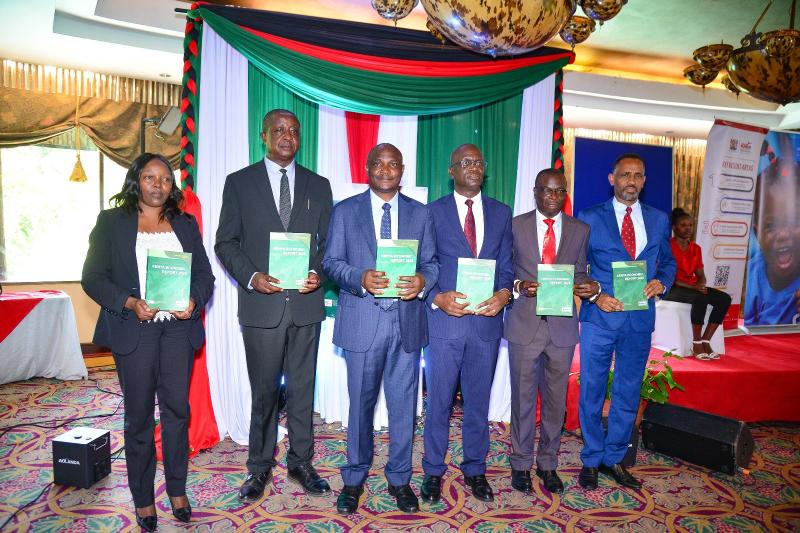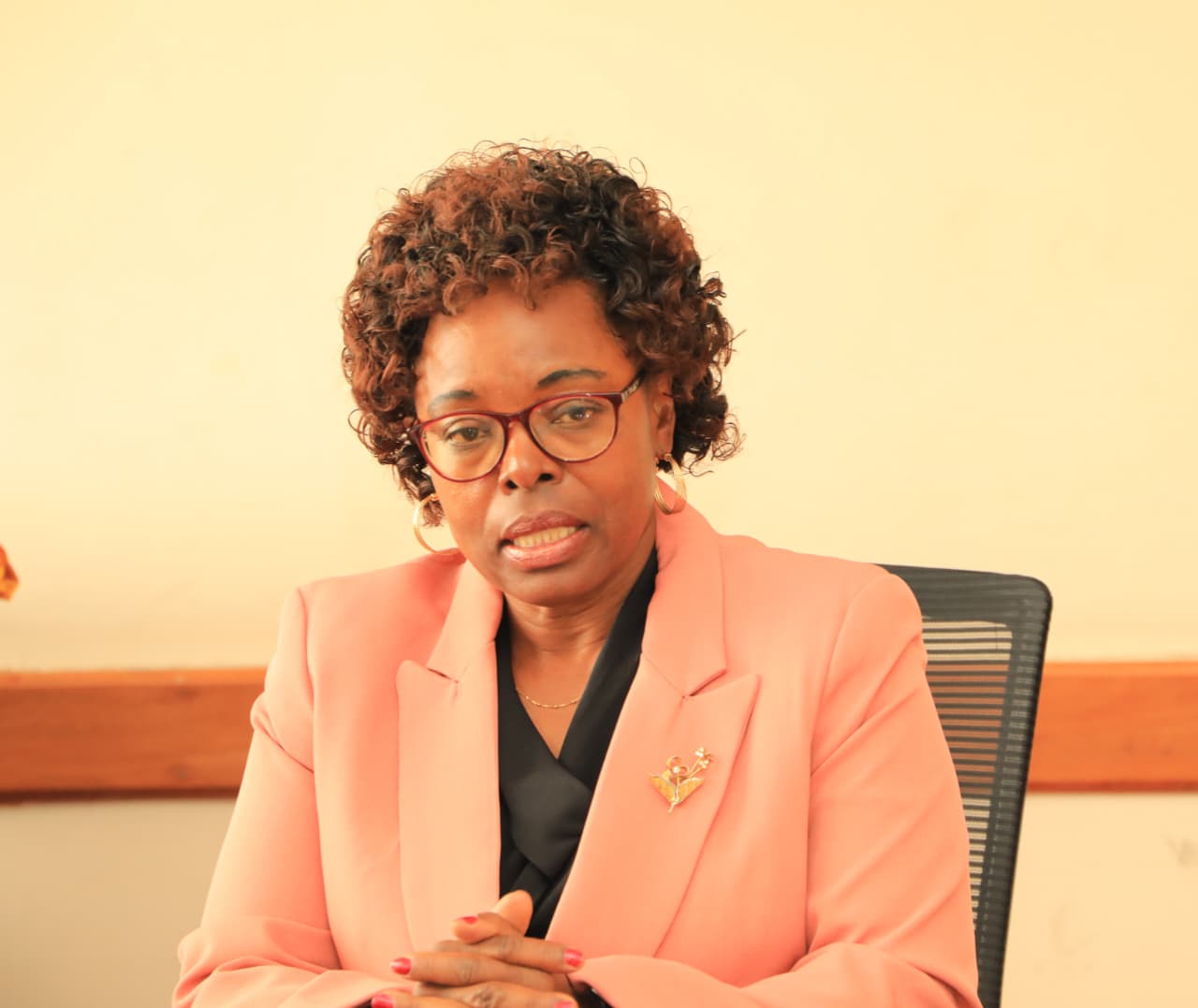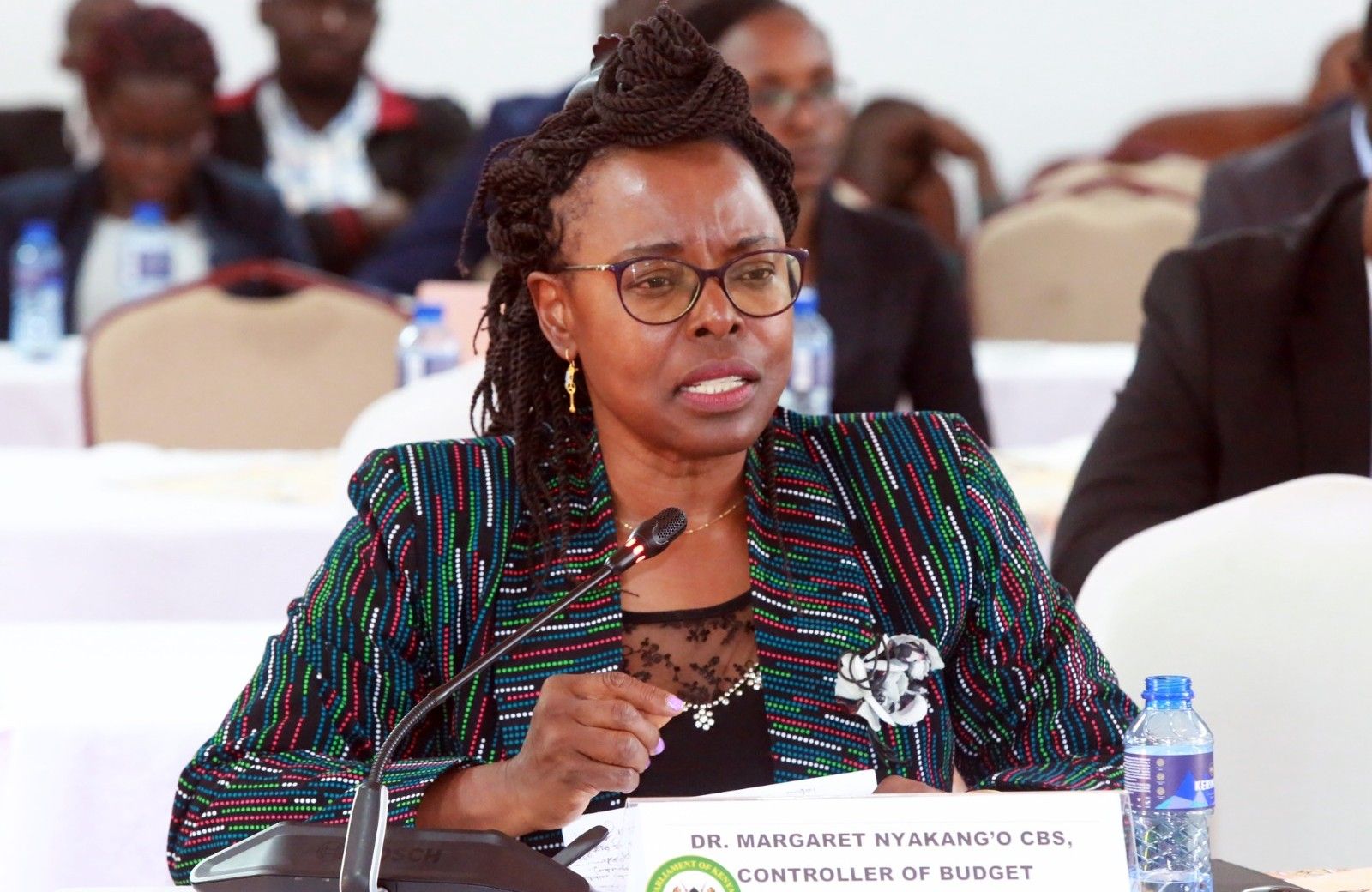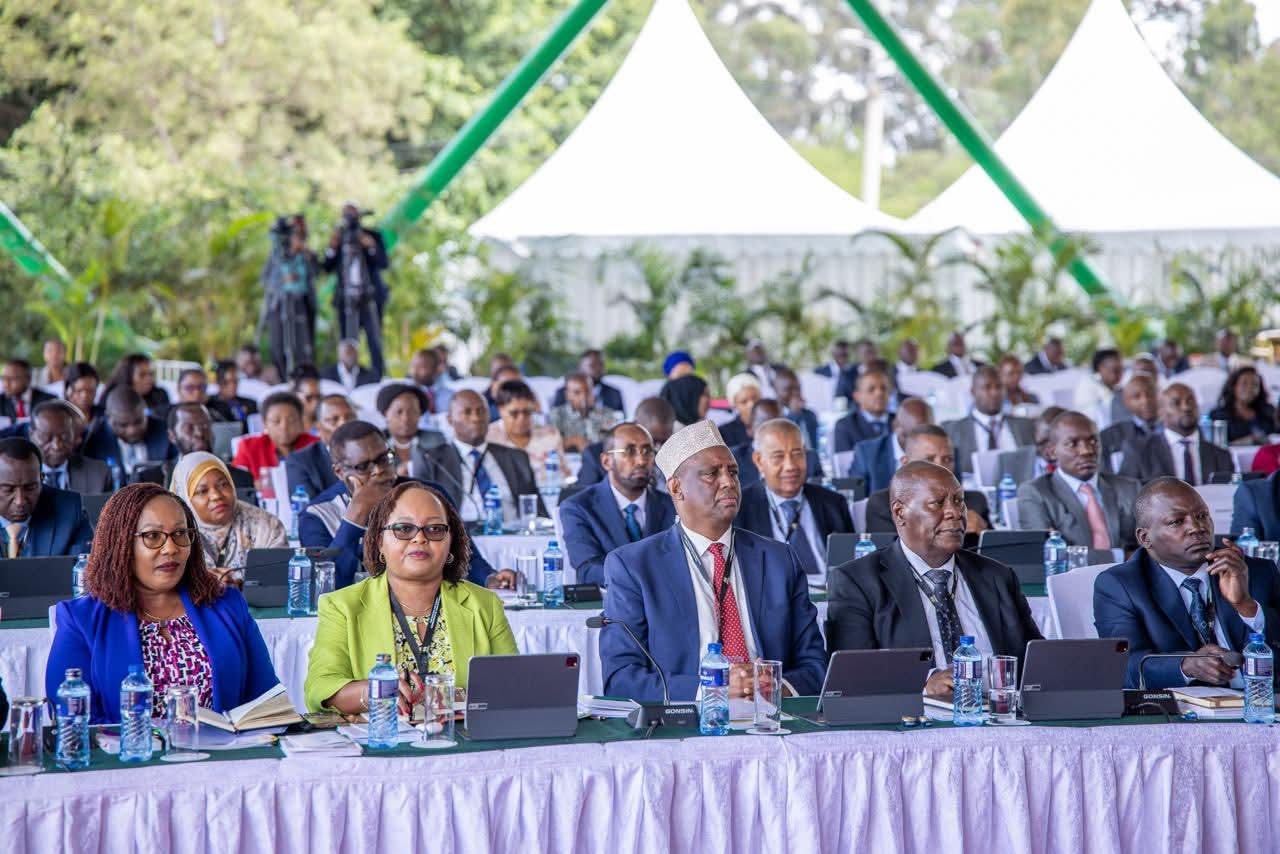How Ruto's new administration plans to curb ghost workers, tackle corruption
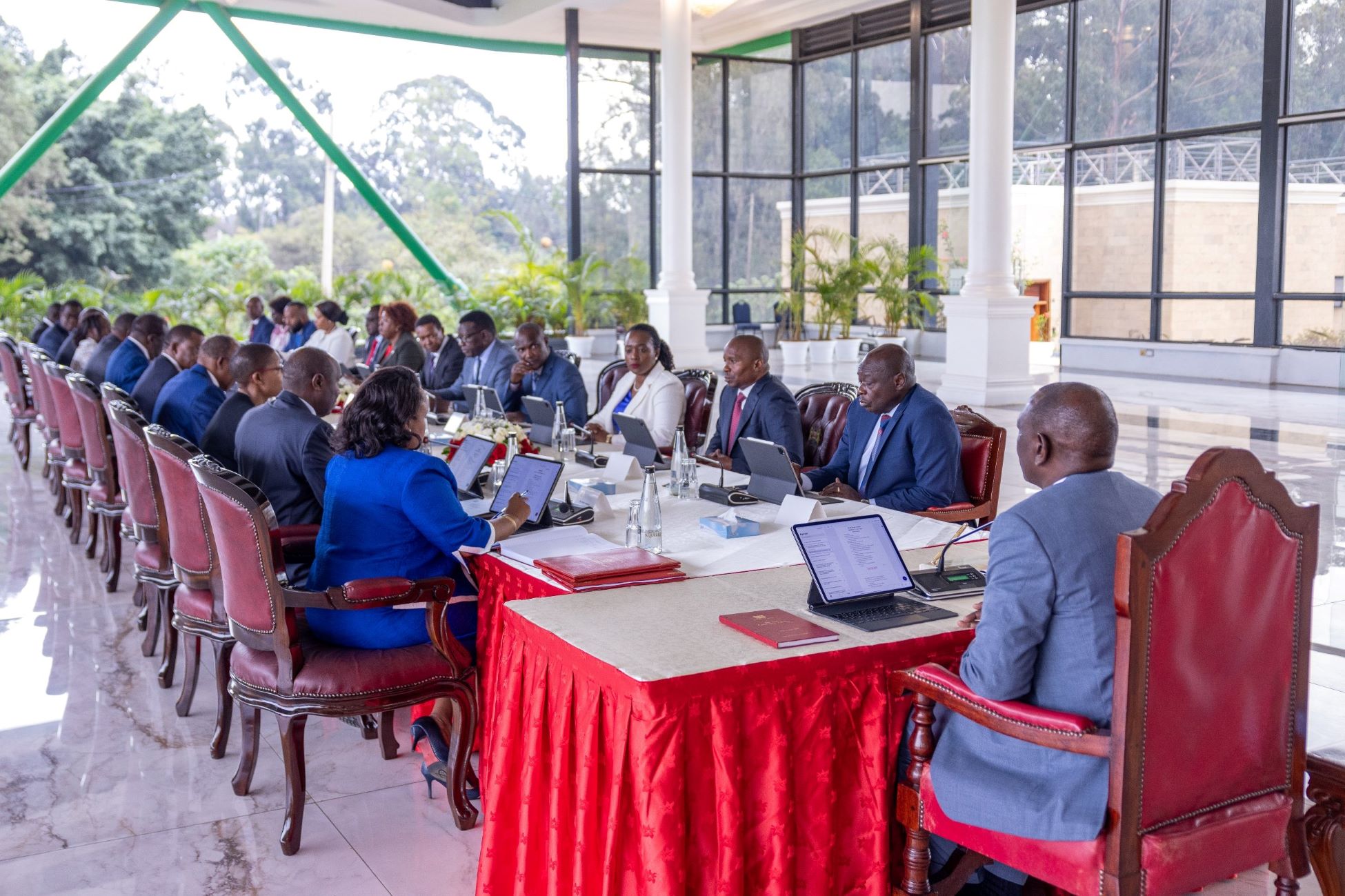
The Cabinet also resolved to impose surcharges on any public officer whose actions result in the loss of public resources.
Amid growing pressure for greater accountability in the management of public resources, the Kenya Kwanza administration has introduced a series of strict measures to combat corruption.
During the inaugural meeting of his newly restructured cabinet on Tuesday, President William Ruto discussed various strategies to tackle corruption in the country.
More To Read
- EACC intensifies war on corruption, recovers Sh3.4 billion in assets
- EACC targets money laundering to remove Kenya from global crime watchdog’s grey list
- Public officers face Sh4 million fine or 10-year jail term for missing asset declarations
- Kisumu County City manager under EACC investigation for forgery, fraudulent travel allowances
- Ex-Samburu Governor Lenolkulal freed after court acquits him in Sh84 million graft case
- Over 280 county corruption cases under EACC investigation
The Cabinet emphasised that these actions reflect the administration's dedication to enhancing accountability and transparency in public affairs as part of its anti-corruption efforts.
The Cabinet reviewed the progress of initiatives designed to strengthen governance and ensure the responsible use of public resources.
They also agreed to introduce surcharges against any accounting officer or public official whose actions or inactions result in the loss of public funds.
"The implementation of a Unified Personnel Identification system to eradicate 'ghost workers' payroll fraud across all levels of government, including constitutional commissions," the Cabinet dispatch read.
During the swearing-in ceremony of his newly reconstituted cabinet last month, President Ruto highlighted that the new identification system would be implemented across all arms of government, including constitutional offices.
The system will be designed to ensure that only qualified individuals are employed in public service, reducing instances of payroll fraud.
“To eliminate the ghost worker payroll fraud at all levels of government, we shall also implement a unified personal identification system for all persons working across all arms of government including constitutional offices,” Ruto said.
Impose surcharges
The Cabinet also resolved to impose surcharges on any public officer whose actions result in the loss of public resources.
Officers will also be held accountable for omissions that lead to losses, in accordance with Articles 226(5), 201(d), and 232(b) of the Constitution.
Additionally, government officials involved in corruption scandals will face expedited prosecution.
The Cabinet plans to amend the Evidence Act and the Criminal Procedure Code to ensure that corruption cases are resolved within six months.
Going further, the Cabinet also agreed to create a legal and institutional framework for the mandatory and ongoing vetting of all public officers, centralising wealth declarations under a single government office.
They committed to prompt investigation and prosecution of corruption and economic crimes, proposing amendments to the Evidence Act and the Criminal Procedure Code to ensure that corruption cases are resolved within six months.
Furthermore, the government plans to review and amend the Witness Protection Act to offer better incentives and protections for whistleblowers.
According to the Cabinet, the transition to a zero-based budgeting system will begin in the Financial Year 2025-2026.
The state also plans to review the VAT refund process to enhance openness, transparency, and accountability.
"To institutionalise the governance reforms, Cabinet sanctioned the conclusion of the ongoing stakeholder consultations, ensuring that public participation remains at the heart of the process," the statement reads.
"The outcome of this consultative process will be considered by Cabinet at the next meeting as the Omnibus Bill on Governance,” he added.
Top Stories Today
